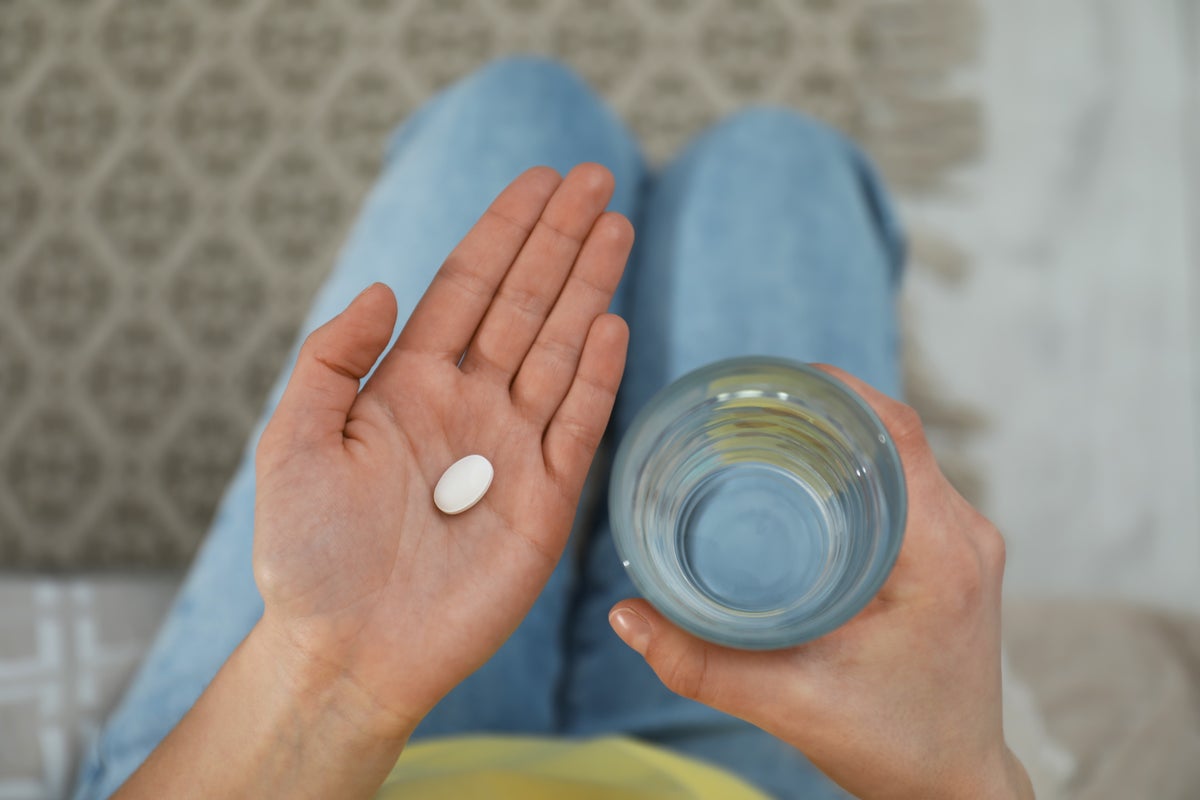
Texas lawmakers have passed a bill empowering private citizens to sue anyone mailing or distributing abortion medication to or from the state.
House Bill 7 is designed to significantly strengthen Texas’s existing ban on the medical procedure.
The legislation establishes a civil enforcement mechanism, allowing individuals to sue any person or entity intentionally manufacturing, distributing, mailing, or otherwise providing abortion medication.
Successful plaintiffs will be awarded a minimum of $100,000 in damages. Women taking abortion pills, even for miscarriage, cannot be sued.
Doctors and hospitals are shielded in medical emergencies like removing an ectopic pregnancy or a foetus after a miscarriage.
Postal workers, transportation companies, private delivery personnel, and air carriers are also exempt.
Lawmakers also added language to address worries that women would be turned in for seeking to end pregnancies by men who raped them or abusive partners. For instance, a man who impregnated a woman through sexual assault would not be eligible.
The measure has provisions that bar making public the identity or medical details about a woman who receives the pills.
House Bill 7 now heads to the desk of Republican Governor Greg Abbott, who is expected to sign it, having identified anti-abortion legislation as a priority for the current special legislative session.
Supporters of the bill said it would attempt to stop the trafficking of abortion medication into Texas, where a ban on nearly all abortions came into effect when the US Supreme Court eliminated the constitutional right to abortion in June 2022.
Texas is one of 14 states that have banned abortion since the so-called Dobbs decision rescinded a woman’s right to abortion that had been established under the 1973 ruling in Roe v. Wade.
State Senator Carol Alvarado, a Democrat from Houston, spoke against the bill, raising concerns beyond further restrictions on abortion rights.
“This bill only works if we turn Texans against each other. Imagine living in fear of the man standing behind you at the pharmacy … Every word, every prescription, every private conversation could be twisted into evidence,” Alvarado said.
